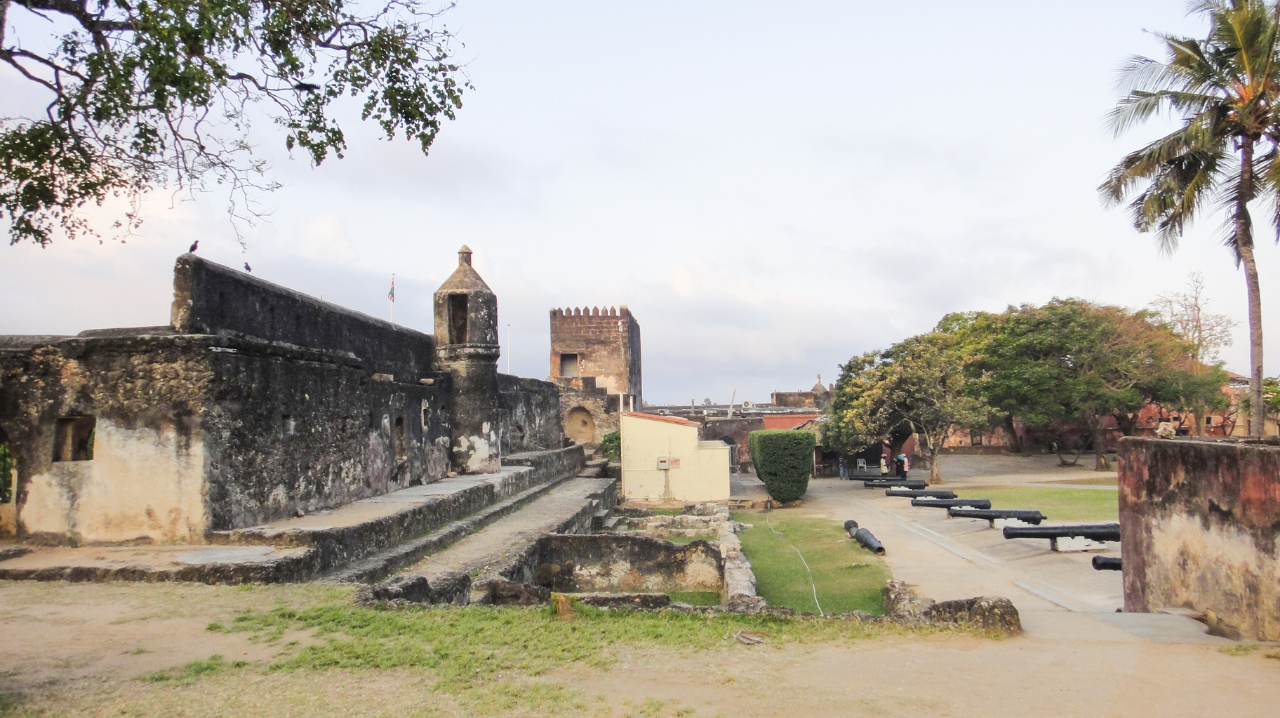
Nestled along the northern coastline of Mombasa, Shanzu is not only a tropical paradise but also a place steeped in rich historical influences. Over the centuries, the region has been shaped by Arab and Portuguese settlers, whose legacy can still be seen in architecture, culture, cuisine, and trade practices.
But how did these foreign influences come to shape Shanzu, and what traces of them remain today? Let’s take a journey through time to uncover the Arab and Portuguese footprints in this beautiful coastal destination.

1. The Arab Influence in Shanzu
The story of Arab influence on the Kenyan coast dates back to as early as the 8th century, when traders from Oman, Persia, and the Middle East arrived via the Indian Ocean trade routes. They established settlements along the coast, giving birth to what is now known as the Swahili civilization—a unique blend of African, Arab, and Asian cultures.
How the Arabs Shaped Shanzu
✅ Swahili Language & Culture
One of the most lasting Arab influences is the Swahili language, which is a fusion of Bantu and Arabic. Even today, words like “soko” (market), “safari” (journey), and “rais” (president) have Arabic origins.
✅ Islamic Influence
With Arab traders came the spread of Islam, which remains the dominant religion in Shanzu and the coastal region. You’ll find mosques, Islamic architecture, and Swahili traditions rooted in Arab customs, such as:
- Dressing modestly (men in kanzus, women in buibuis).
- Halal food preparation, avoiding pork and alcohol.
- The call to prayer (Adhan), echoing from mosques.
✅ Trade & Economy
The Arabs introduced a thriving trade network, exchanging:
- Gold, ivory, and spices from Africa.
- Textiles, ceramics, and glassware from the Middle East.
- Slaves, as part of the notorious Indian Ocean slave trade (which later ended under British rule).
✅ Architecture
Shanzu, like other Swahili towns, features coral stone buildings, carved wooden doors, and courtyard-style homes—a style directly influenced by Omani and Yemeni designs.
✅ Dhow Sailing Tradition
The Arab dhow, a wooden sailboat, remains an iconic symbol of the Kenyan coast. Even today, tourists in Shanzu can experience dhow cruises, just like traders did centuries ago.
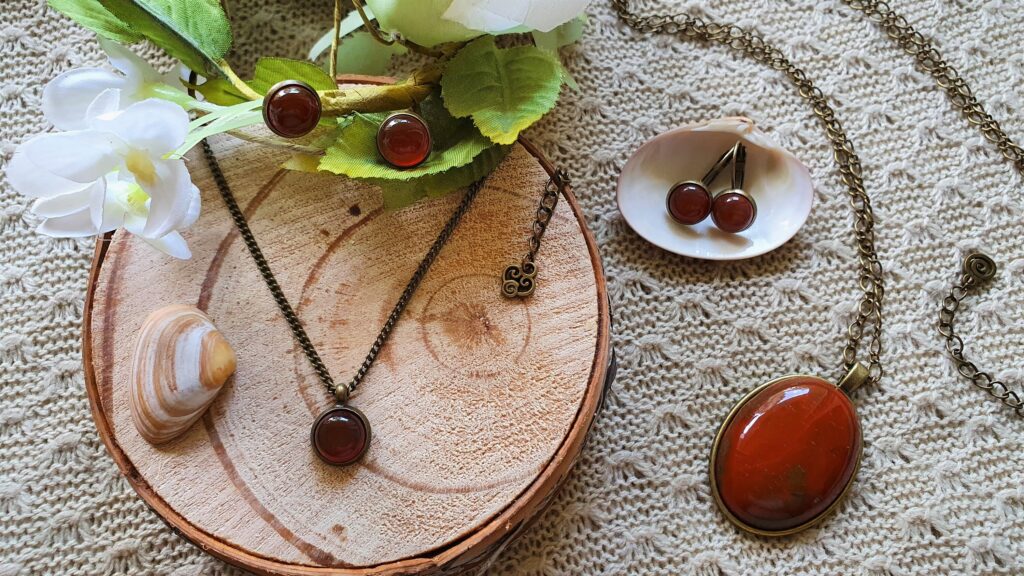
2. The Portuguese Influence in Shanzu
In 1498, the Portuguese explorer Vasco da Gama arrived on the Kenyan coast, marking the start of Portuguese rule (1498-1698). They were drawn by the spice trade, strategic location, and control over Indian Ocean commerce.
Unlike the Arabs, whose influence was cultural and religious, the Portuguese left a military and culinary legacy that can still be felt in Shanzu and Mombasa today.
How the Portuguese Shaped Shanzu
✅ Fortifications & Military Strategy
To control the Swahili Coast, the Portuguese built Fort Jesus (1593) in Mombasa—a UNESCO World Heritage Site. Although not in Shanzu, it protected the entire coast, including Shanzu’s fishing villages, from Omani and local resistance.
✅ European Architectural Influence
The Portuguese introduced fortified towns, stone churches, and European-style houses. While many have disappeared, remnants of Portuguese-style windows and balconies can still be seen in parts of Old Town Mombasa.
✅ Culinary Impact
One of the biggest Portuguese influences in Shanzu and Kenya is food. The Portuguese introduced:
- Chili peppers (leading to the creation of Kenyan pilipili sauce).
- Coconut and cashew nuts in cooking.
- Peri-peri sauce, which inspired Swahili dishes.
- Baked goods like bread (before, the Swahili mainly ate flatbreads).
✅ The Legacy of Catholicism
Though Islam remained dominant, the Portuguese brought Catholicism, building churches and schools. Today, Catholic missions and churches can be found in Shanzu and Mombasa, blending with the region’s Islamic heritage.
3. The Battle for the Coast: Arabs vs. Portuguese
For over 200 years, the Portuguese and Arabs fought for control of Mombasa and its surrounding areas, including Shanzu. The Omani Arabs eventually defeated the Portuguese in 1698, regaining control and reinforcing Islamic rule along the coast.
However, Portuguese influences never fully disappeared, as seen in Swahili food, architecture, and even place names like Malindi (a corrupted Portuguese word).
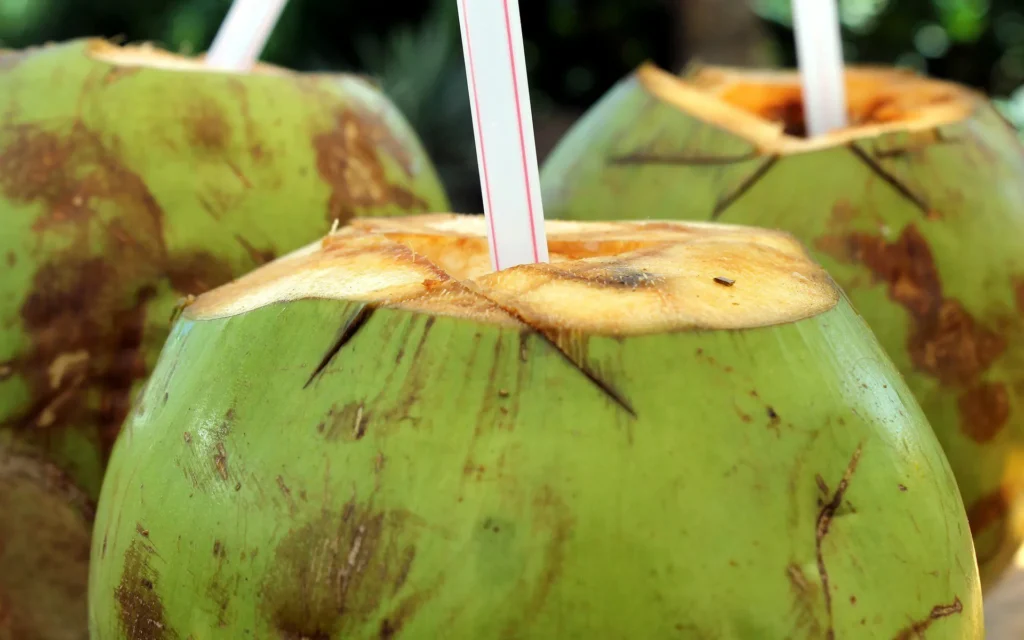
4. The Modern Blend of Cultures in Shanzu
Today, Shanzu remains a melting pot of these historical influences:
- The Swahili-Arab heritage is dominant in language, dress, and Islam.
- Portuguese culinary flavors are found in Swahili dishes.
- The European influence continues in hotels, modern infrastructure, and tourism.
Modern Shanzu is now a top tourist destination, with beachfront hotels like Shanzu Beachfront Apartments Ltd, which seamlessly blend Swahili hospitality with modern luxury.
5. Experience the Arab & Portuguese Legacy in Shanzu
🕌 Visit Historic Sites
- Fort Jesus – A Portuguese masterpiece and a symbol of coastal battles.
- Old Town Mombasa – Explore Swahili-Arab carved doors, spice markets, and ancient mosques.
- Mbaraki Pillar – A mysterious Swahili monument with Omani connections.
🍲 Try the Fusion Cuisine
- Swahili biryani (influenced by Arab spices).
- Pilipili chicken (inspired by Portuguese peri-peri sauce).
- Mahamri and tea (Arab breakfast delicacy).
⛵ Go on a Dhow Cruise
Experience a traditional dhow ride, just as Arab traders did centuries ago, along the Indian Ocean waters of Shanzu.
Final Thoughts
Shanzu’s rich history of Arab and Portuguese influences makes it more than just a beach destination—it’s a place where the past meets the present. Whether you’re strolling along the shore, visiting historic sites, or tasting Swahili dishes, you’re experiencing the centuries-old legacy of trade, conquest, and culture.
Planning a trip to Shanzu?
Stay at Shanzu Beachfront Apartments Ltd for a true blend of coastal luxury and Swahili charm! 🌴🌊
📞 Call: +254733993375 / +254735140150
📍 Location: Pangoni Road, Off Serena Road, Eden Beach, Shanzu, Mombasa
🔗 Visit: www.shanzubeachfront.com
Karibu Shanzu! Welcome to a place where history meets paradise! 😊
Call 0735140150 for more information
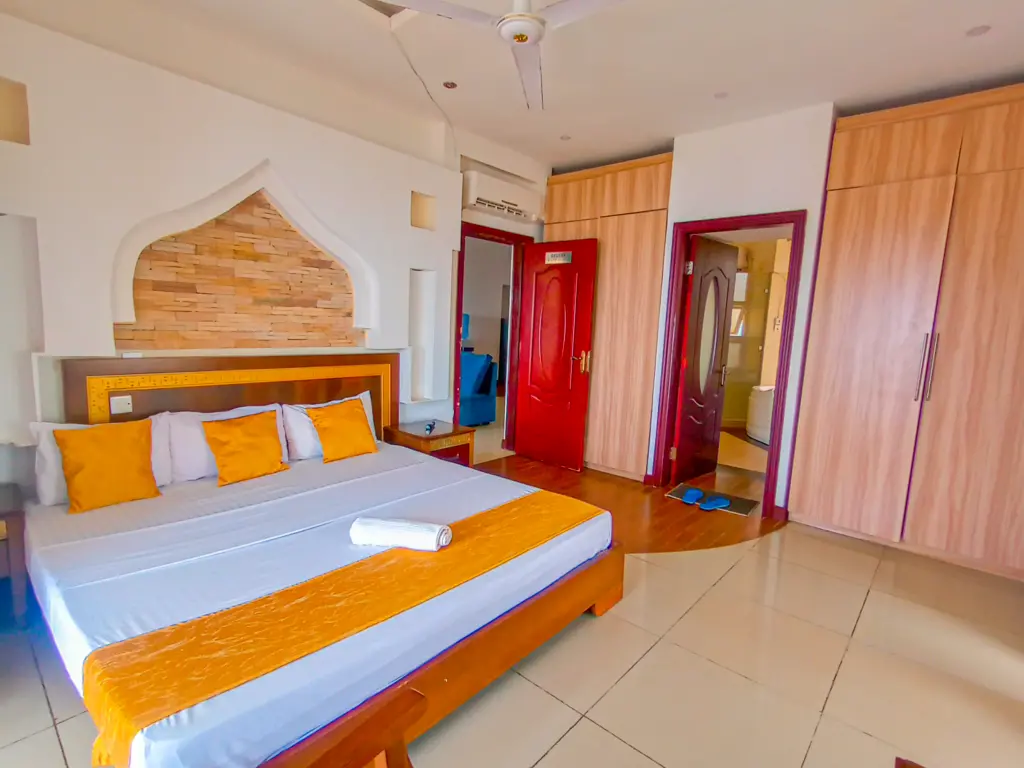
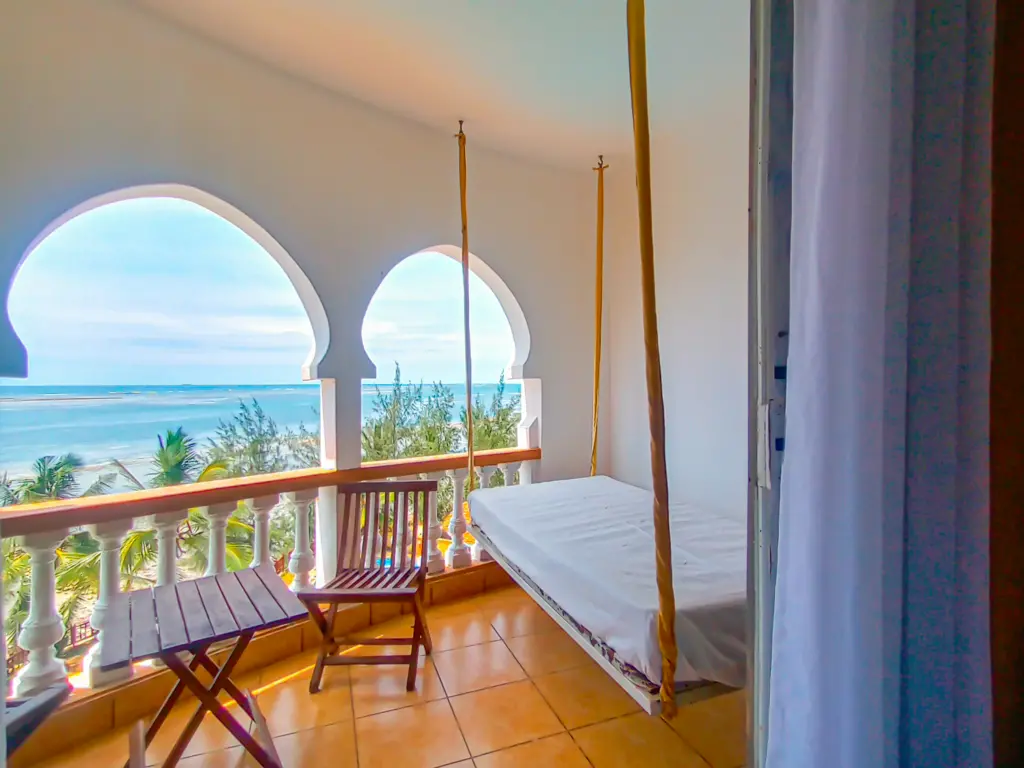
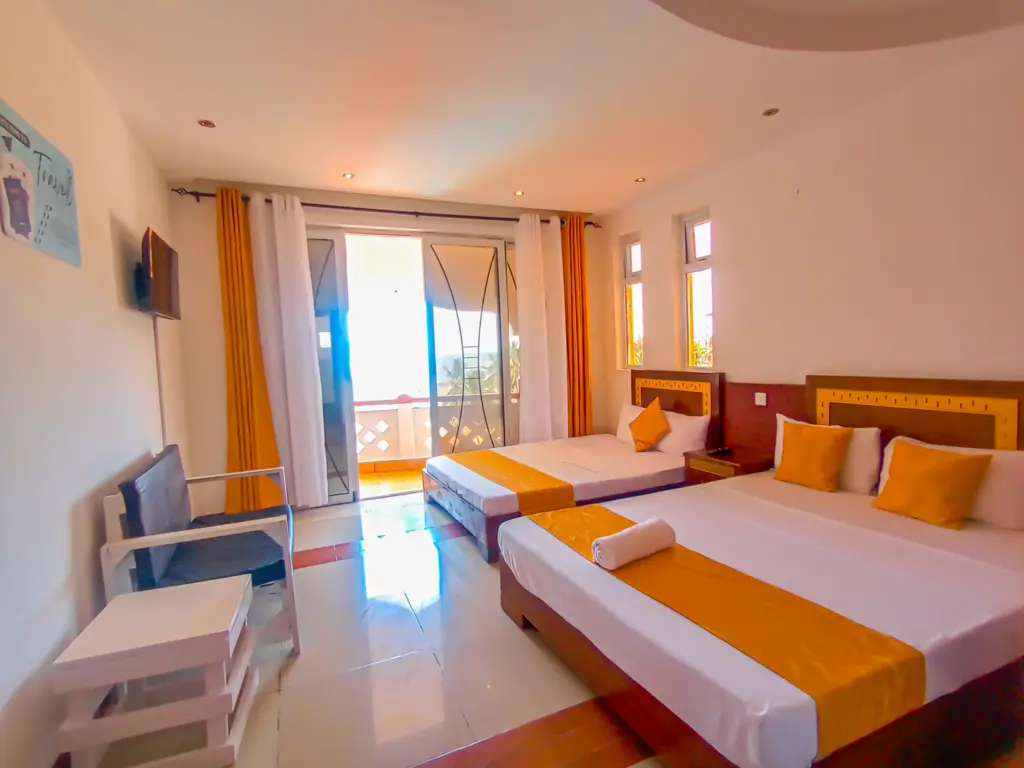
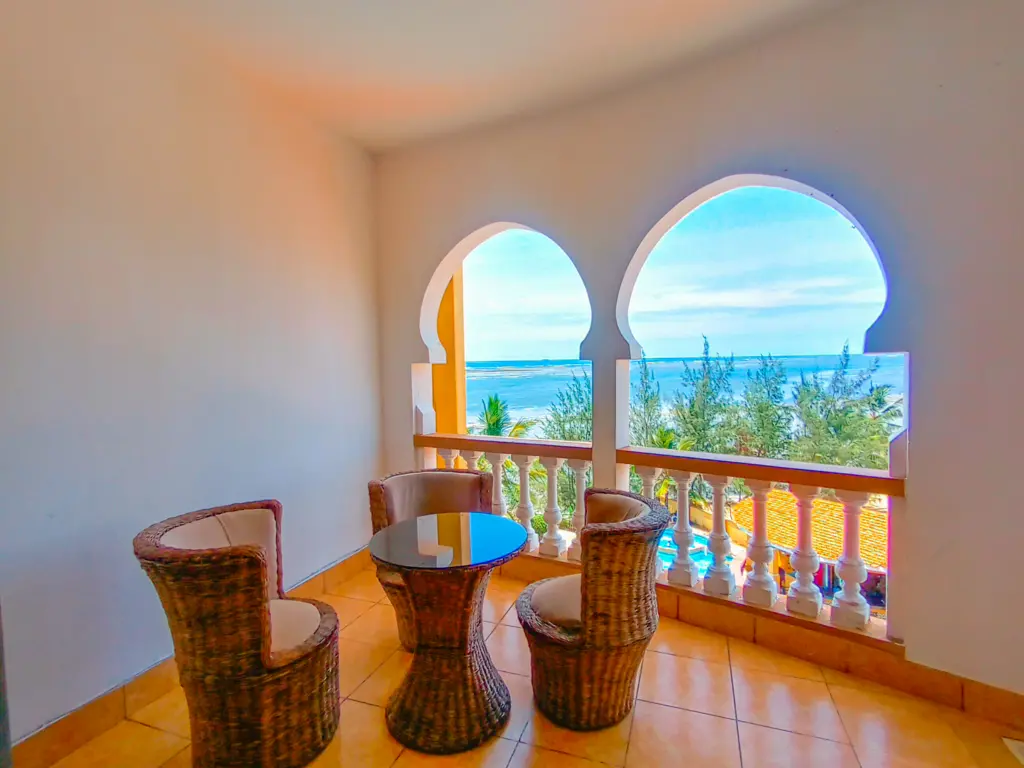
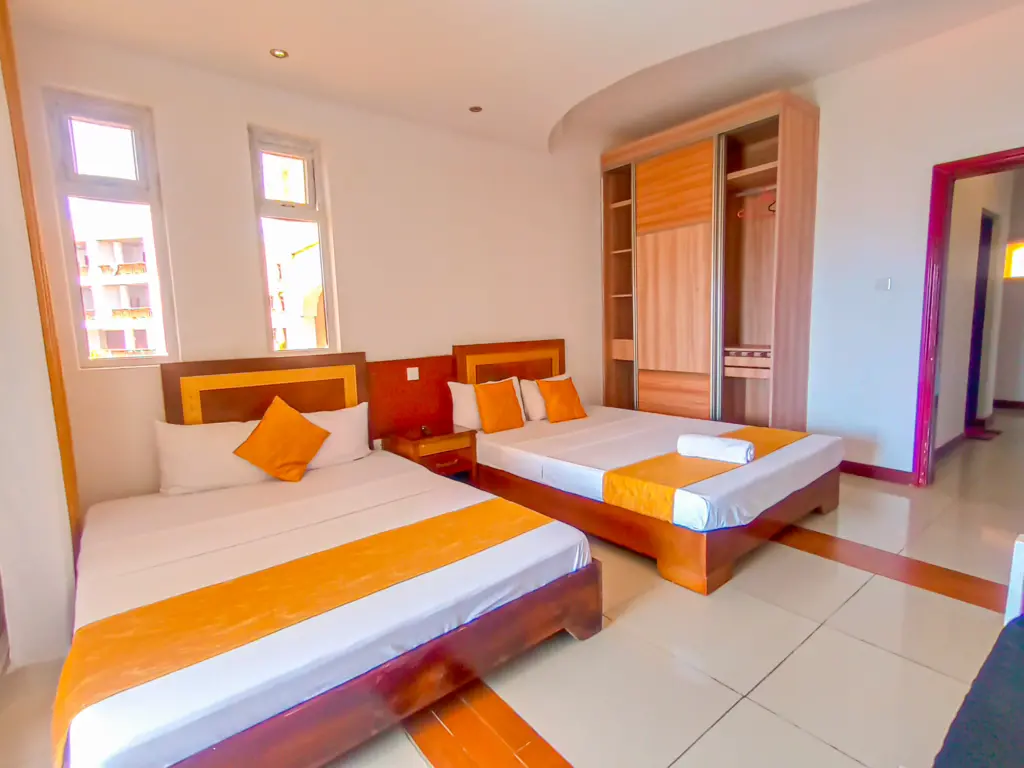
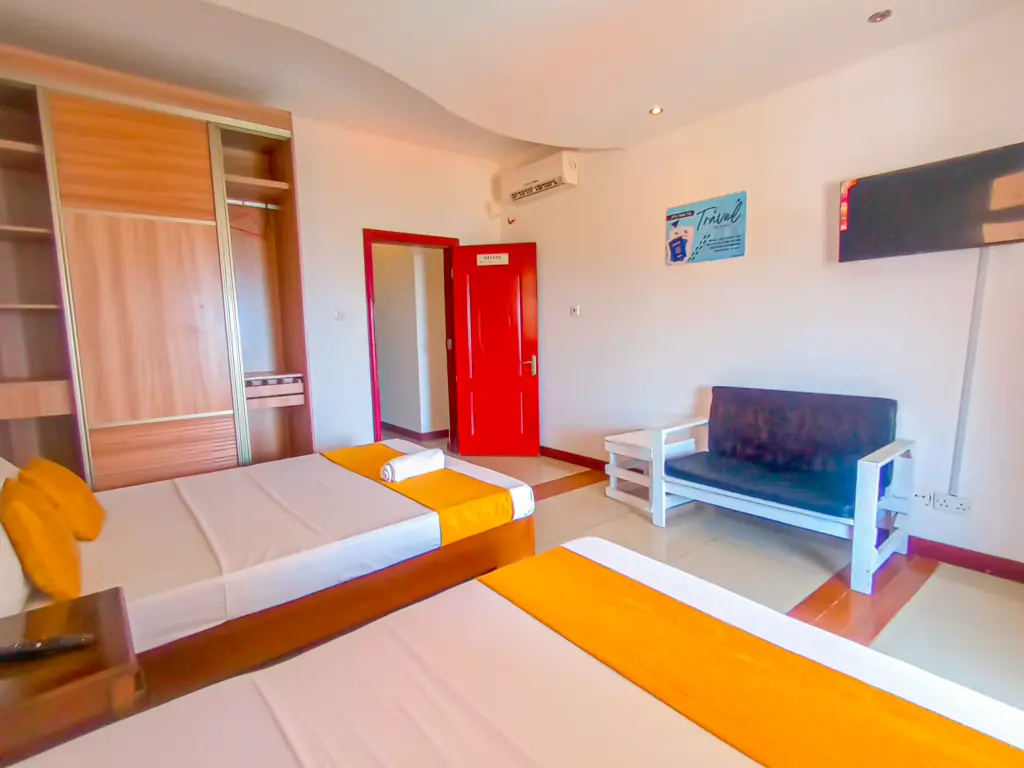
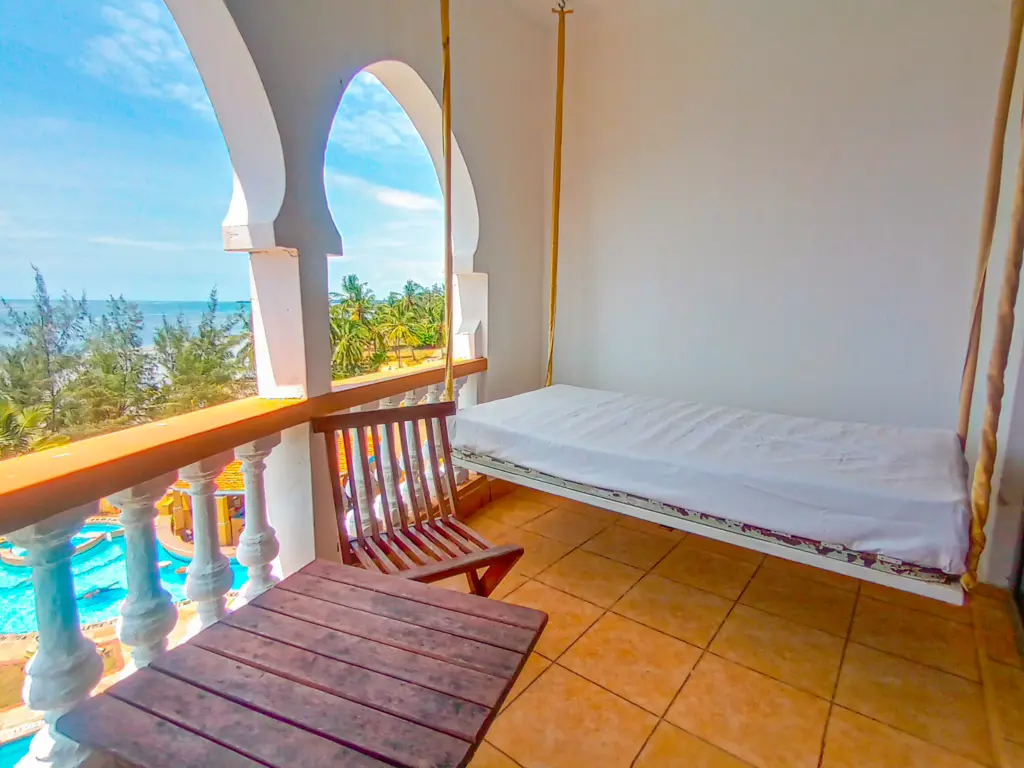
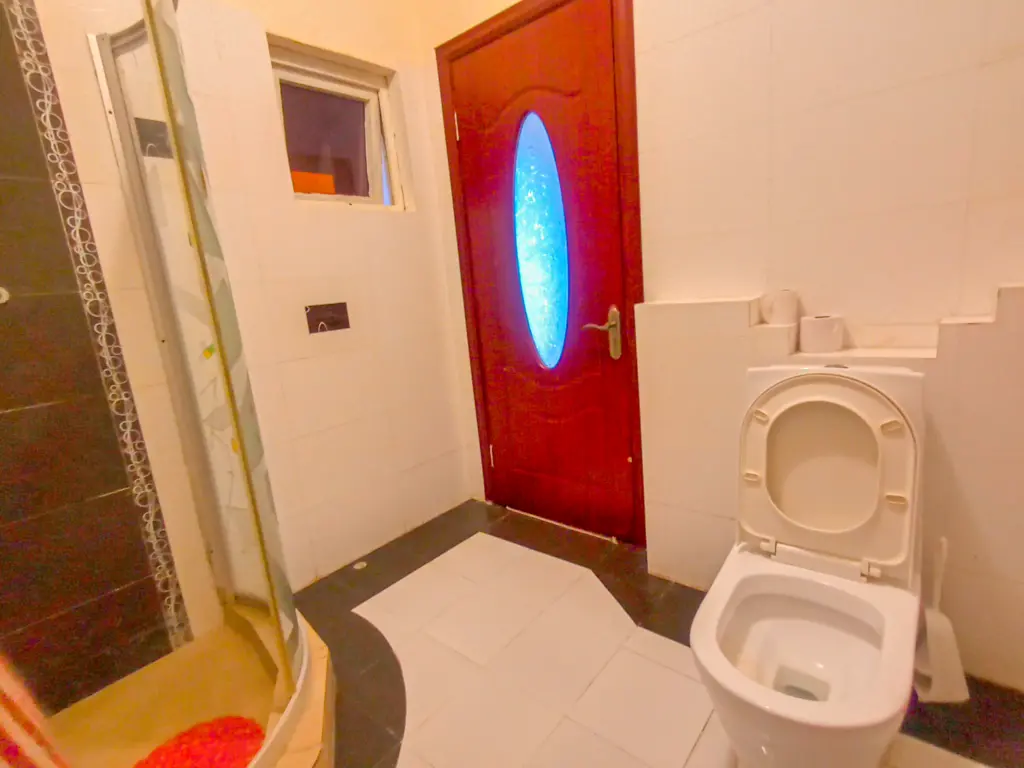
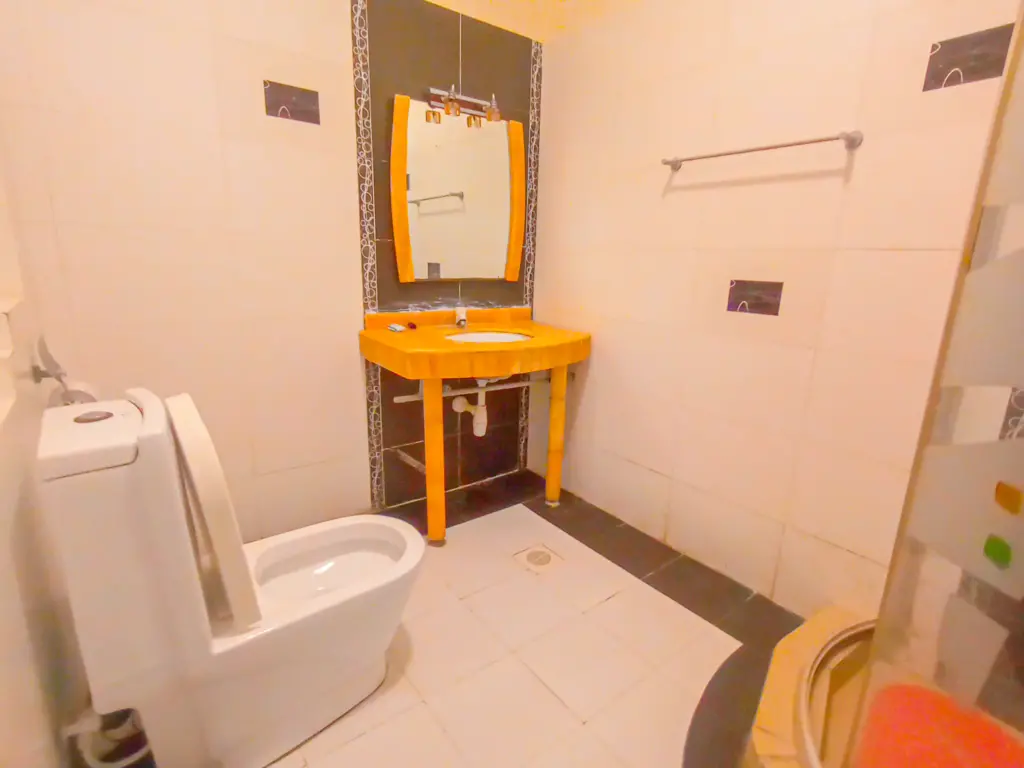
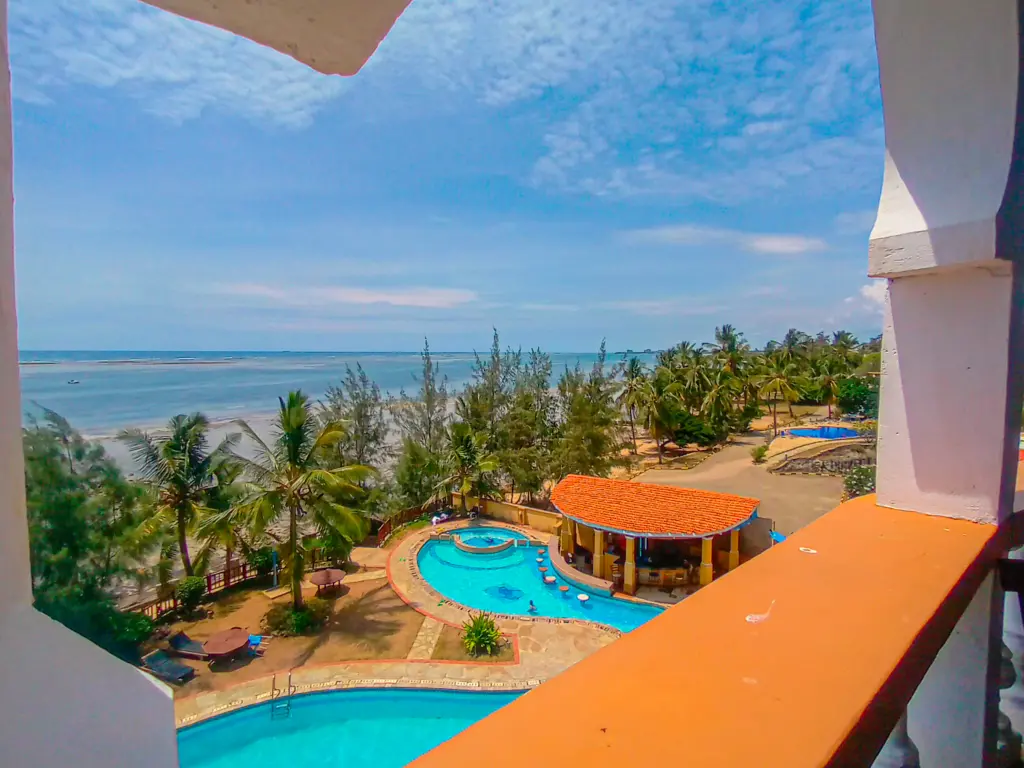
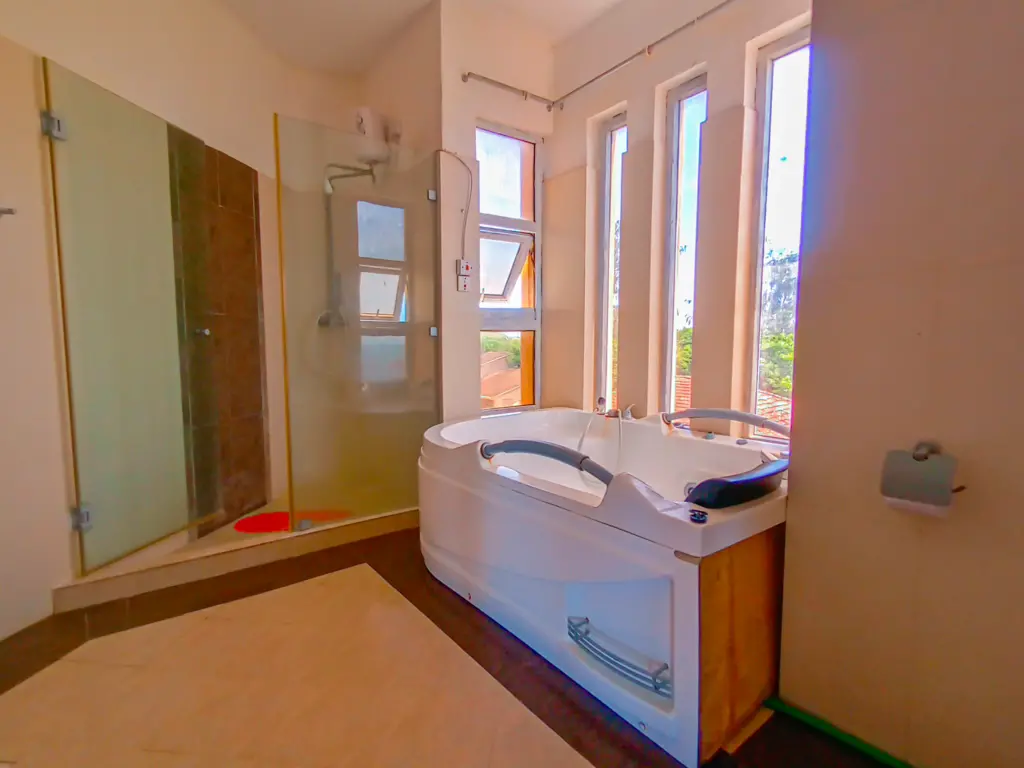
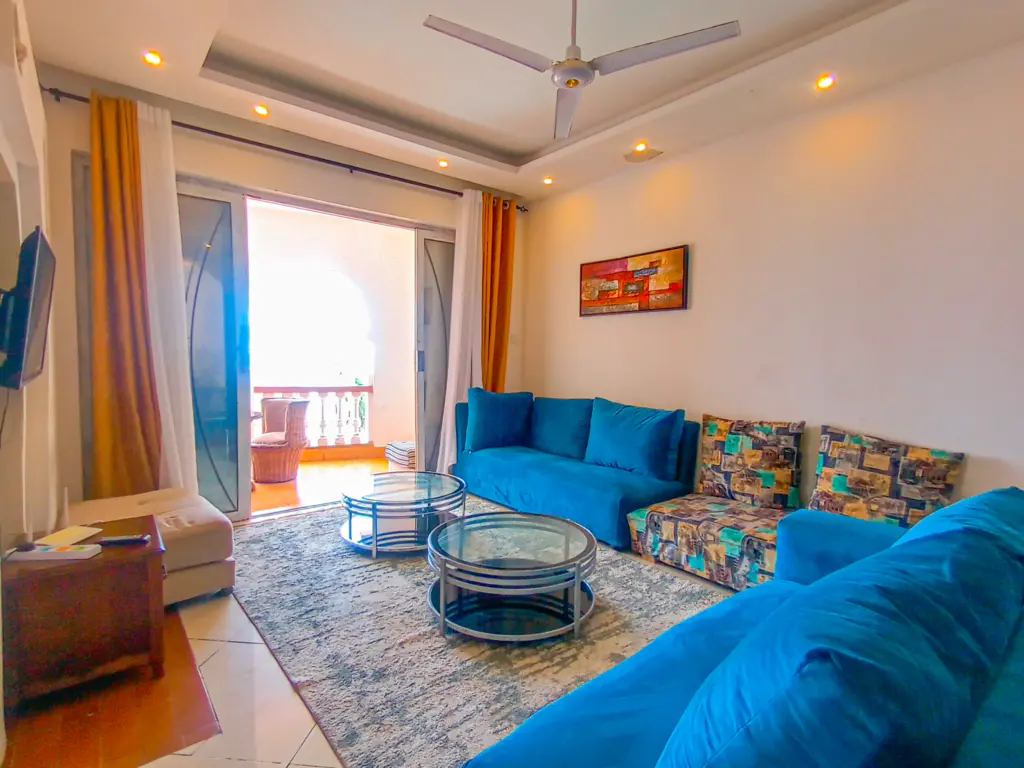
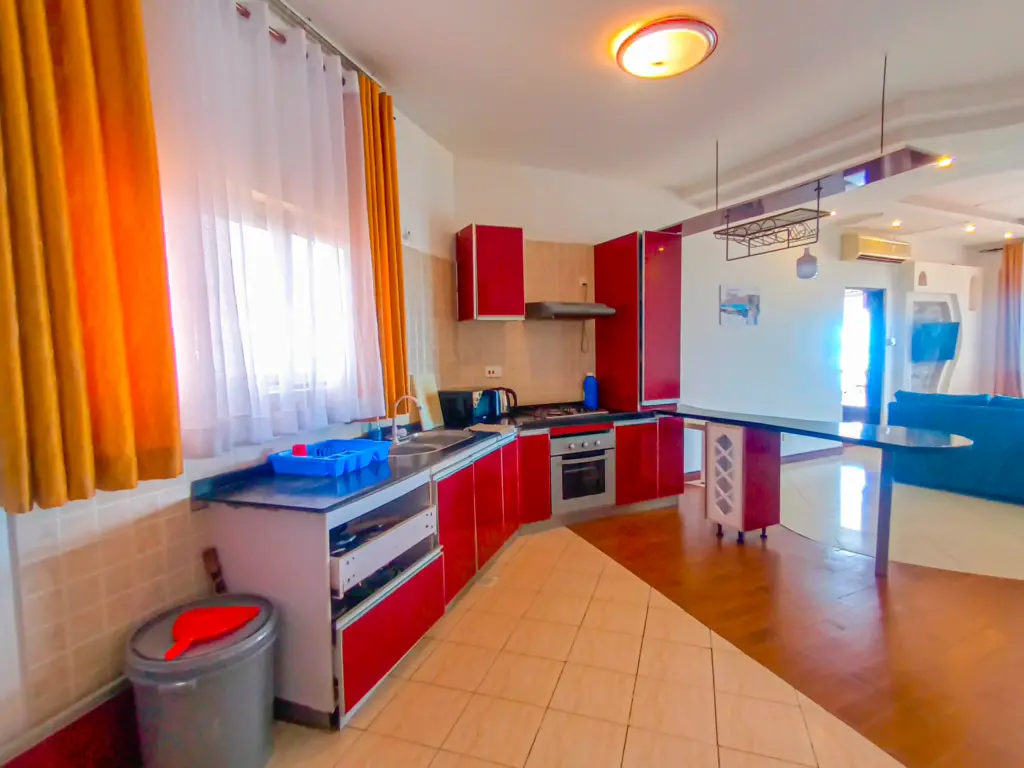
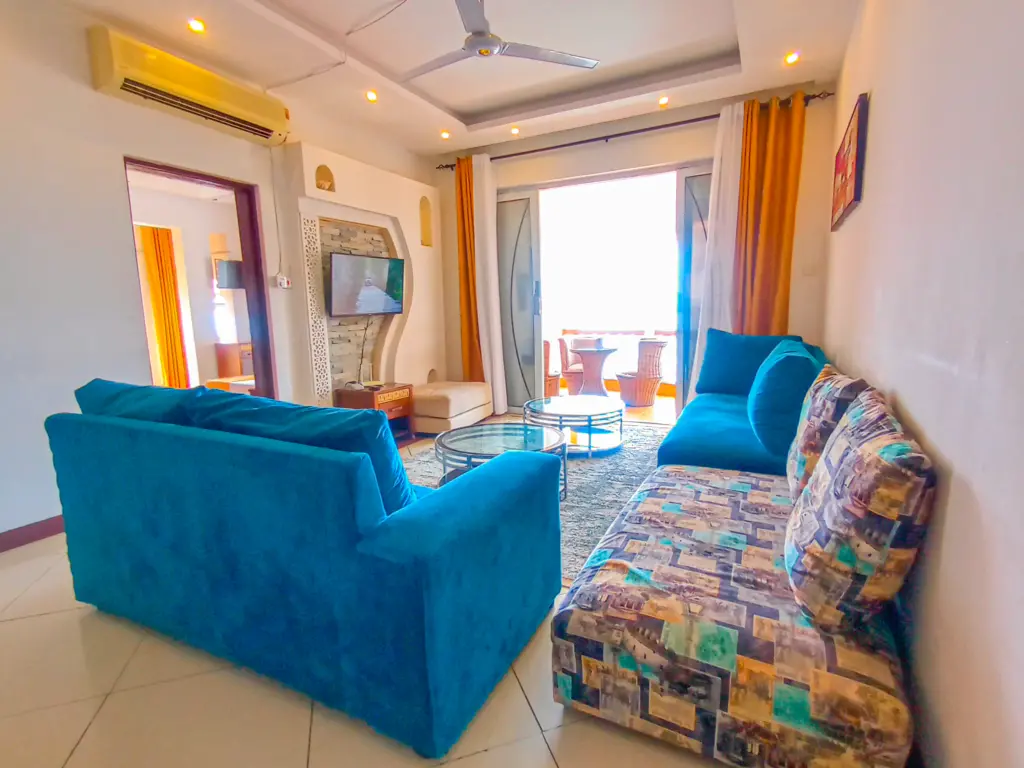
Tags:

